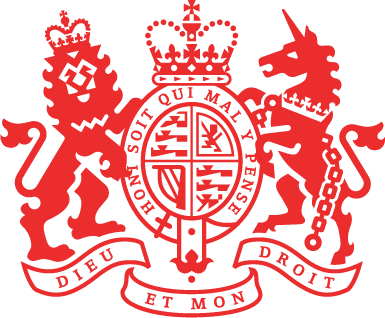Related Cases
Neutral Citation Number
Published
Summary
Telefónica O2 Limited (O2) appealed against OFCOM’s failure to grant its application for a variation of its licence so as to allow it to use Universal Mobile Telecommunications System (UMTS) technology in the 900 MHz and 1800 MHz frequency bands. O2 claimed that it had a directly effective right to deploy UMTS in the 900MHz and 1800MHz Bands, to which OFCOM was obliged to give effect, under the Directive 2009/114/EC of 16 September 2009 (“GSM Amendment Directive”), and Commission Decision 2009/766/EC of 16 October 2009 (“900MHz and 1800MHz Decision”). Member States of the EU are required to implement the GSM Amendment Directive by 9th May 2010.
The Tribunal concluded by a majority (Mr Justice Vos and Ann Kelly) that the GSM Amendment Directive and the 900/1800 MHz Decision are concerned with the technical harmonisation measures that Member States should have put in place to ensure that, by 9th May 2010, the 900 MHz and 1800 MHz frequency bands could be authorised for use with UMTS technology, so that they are thereby capable of being made use of. The Directives comprising the European common regulatory framework, and in particular Directive 2002/20/EC on the authorisation of electronic communications networks and services (“Authorisation Directive”), make clear that a two stage approach is to be adopted: first, the necessary harmonisation across the EU under the GSM Amendment Directive must take place by 9th May 2010; and secondly, the implementation of the necessary authorisations and licence amendments under the Authorisation Directive. The majority therefore did not accept that O2 already had an inviolable right to use the 900 MHz and 1800 MHz frequency bands with UMTS technology. O2’s only right was to use the 900/1800 MHz bands for GSM systems. Much clearer words would have been used, had it been intended that licence restrictions on the use of UMTS technology should be lifted without any prior evaluation of the competition implications or any compliance with the procedures laid down by the Authorisation Directive (and in particular with the mandatory provisions of Article 14).
The Tribunal further concluded by a majority that, because of the way in which the GSM Directive had been implemented in the UK, the GSM Amendment Directive and the 900/1800 MHz Decision did not require OFCOM to take any specific steps to implement it prior to 9th May 2010. O2, therefore, had no directly enforceable right to require OFCOM to take specific steps to lift the restrictions on its licence before 9th May 2010.
Professor John Pickering (dissenting) considered that there was no justification for the interpretation of the GSM Amendment Directive as a two stage procedure. In his view, the full liberalisation of the 900 MHz and 1800 MHz frequency bands for UMTS was mandated by the GSM Amendment Directive and clearly satisfied the “objective justification” requirement of Article 14 of the Authorisation Directive. In the UK, this required the lifting of the relevant licence restrictions, imposed many years ago in quite different circumstances, on those operators already allocated spectrum in those bands. Professor Pickering considered that this was not only consistent with the construction of the European legal instruments, but also fully compatible with the wider considerations to be taken into account in a purposive approach to the legislation and its stated purposes. Professor Pickering would have upheld O2’s appeal and remitted the matter for prompt action by OFCOM.
This is an unofficial summary prepared by the Registry of the Competition Appeal Tribunal.
